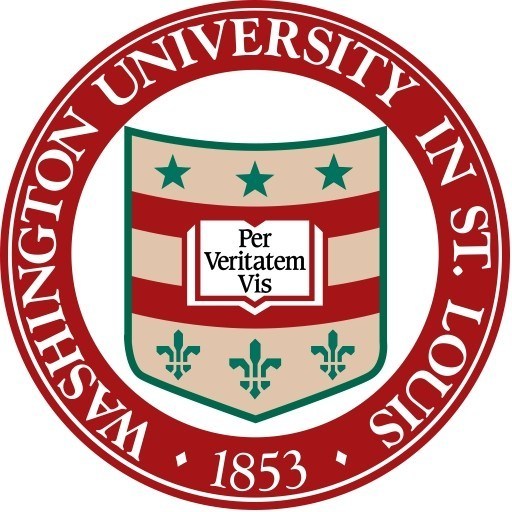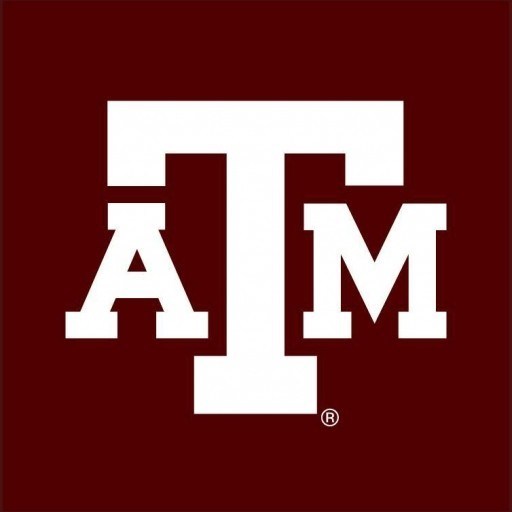Photos of university / #wustl_official
The Geochemistry program at Washington University in St. Louis offers a comprehensive and rigorous curriculum designed to equip students with a deep understanding of chemical processes that shape our planet. This interdisciplinary field combines principles from chemistry, geology, and environmental sciences to investigate the origins, evolution, and dynamic processes of Earth's materials. Students in the program gain expertise in analyzing natural mineral and fluid samples, interpreting geochemical data, and applying laboratory and field techniques to solve complex environmental and geoscientific problems. The curriculum covers fundamental topics such as isotope geochemistry, petrology, mineralogy, and analytical methods, along with advanced subjects like environmental geochemistry, biogeochemistry, and planetary science. Students are encouraged to develop strong research skills through laboratory work, data analysis, and independent projects, often collaborating with faculty on cutting-edge research initiatives. The program emphasizes practical experience, preparing graduates for careers in academia, research institutions, environmental consultancy, resource exploration, and government agencies. Students have access to state-of-the-art laboratories and facilities, fostering an environment of innovation and discovery. The faculty members are renowned experts in their fields, providing mentorship and guidance throughout the students' academic journey. Graduates of the Geochemistry program leave equipped with the scientific knowledge, analytical skills, and research experience necessary to contribute meaningfully to understanding Earth's processes and addressing global environmental challenges. Whether pursuing further academic research or entering industry, students are well-prepared to make significant impacts in geosciences and related disciplines.
Core courses: EPSc 201 (Earth and Environment), EPSc 352 (Earth Materials), EPSc 353 (Earth Forces), and EPSc 441 (Introduction to Geochemistry).
Additional required coursework: Chem 111A, 112A (or a score of 4 or 5 on the AP Chemistry Exam); Math 131, 132, 233, and either Math 217 or 309 or 2200 or 3200; Phys 117A, 118A (or Phys 197, 198).
Electives: At least four courses must be selected from those listed below, with at least three in Geochemistry and one in Geology or Geophysics & Remote Sensing.
Geology: EPSc 385 (Earth History), EPSc 400 (Planetary Crusts), EPSc 409 (Surface Processes), EPSc 413 (Intro. Soil Science), EPSc 422 (Sedimentary Geology), EPSc 429 (Environ. Hydrogeology), EPSc 430 (Environ. Mineralogy), EPSc 437 (Intro. Petrology), EPSc 460 (Intro. Structural Geology), EPSc 473 (Planetary Geology)
Geochemistry: EPSc 323 (Biogeochem.), EPSc 401 (Earth Systems Science), EPSc 444 (Environ. Geochem.), EPSc 445 (Organic Geochem.), EPSc 446 (Stable Isotopes), EPSc 474 (Planetary Geochem.), EPSc 511 (Min. in Aq. Environ.), EPSc 544 (Methods Mass. Spectr.), EPSc 545 (Radiogenic Isotope Geochem.), EPSc 569 (Thermo & Phase Equil.), EPSc 571 (Meteorites)
Geophysics & Remote Sensing: EPSc 319 (Physical Oceanography), EPSc 407 (Remote Sensing), EPSc 408 (Earth's Atm. & Global Climate), EPSc 410 (Earth Remote Sensing Methods & Instr.), EPSc 428 (Hydrology), EPSc 452 (Intro. Seismology), EPSc 453 (Interior of the Earth), EPSc 454 (Explor. & Environ. Geophysics), EPSc 459 (Geodynamics)
Capstone experience: All majors are required to complete a capstone experience during their Junior or Senior year.
Senior Honors (optional): Thesis is required for Senior Honors (see Seniors Honors and Research Distinction).
Recommended writing-intensive courses: The Department offers two courses that satisfy the college writing-intensive requirement, EPSc 498 (Undergraduate Research Seminar) and EPSc 404 (Ideas and Controversies in the Geosciences). These courses are recommended to students majoring in EPS.
Requirements
- You must have graduated from high school, received a recommendation from your teachers or other responsible officials of the school, and taken an appropriate distribution of high school subjects.
- Your application must be accompanied by a $75 nonrefundable application fee.
- You must also submit your official secondary school transcript, a teacher recommendation, SAT or ACT scores, and essay.
- Proof of Financial Support
- Either TOEFL (Test of English as a Foreign Language) or IELTS (International English Language Testing System) is required of all international students for whom English is a second language and recommended for U.S. citizens or permanent residents whose second language is English.
Scholarships
- First-Year Student Academic Scholarship & Fellowship Programs
- Global Education
- Need-Based Financial Aid
The Geochemistry program at Washington University in St. Louis offers a comprehensive interdisciplinary approach to understanding the chemical processes and compositions of Earth's materials. This program combines strong foundations in chemistry, geology, and environmental science to prepare students for careers in research, industry, or academia. Students in the program have opportunities to engage in cutting-edge research, utilizing advanced analytical techniques such as mass spectrometry, X-ray fluorescence, and electron microscopy to analyze rocks, minerals, soils, and fluids. The curriculum includes courses on mineralogy, petrology, isotopic methods, analytical chemistry, and Earth system processes, providing a well-rounded education in the chemical aspects of Earth sciences. The program emphasizes critical thinking, laboratory skills, and data analysis, enabling students to interpret geochemical data in the context of planetary processes, resource exploration, environmental challenges, and climate change. Students may participate in fieldwork and collaborate with faculty on research projects that contribute to our understanding of natural resource distribution, pollution, and geochemical cycles. Graduates are equipped to work in diverse sectors, including mineral exploration, environmental consulting, academia, and government agencies. The program also encourages interdisciplinary collaboration, integrating knowledge from physics, biology, and planetary sciences to address complex geochemical questions. Washington University in St. Louis provides excellent facilities, including geochemistry labs with state-of-the-art instrumentation, and a vibrant scientific community. Students benefit from mentorship by experienced faculty and connections with industry partners through internships and research initiatives. Overall, the Geochemistry program aims to produce graduates who are skilled scientists capable of applying geochemical principles to solve real-world problems and further our understanding of Earth's dynamic systems.



